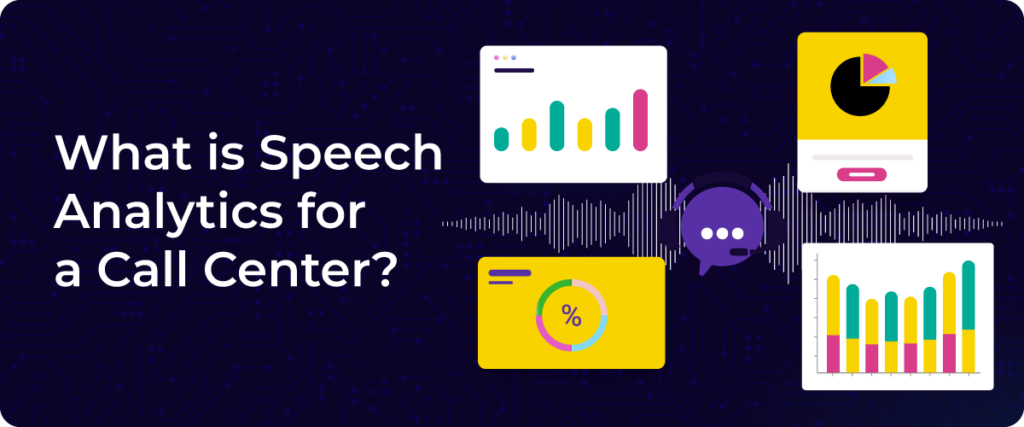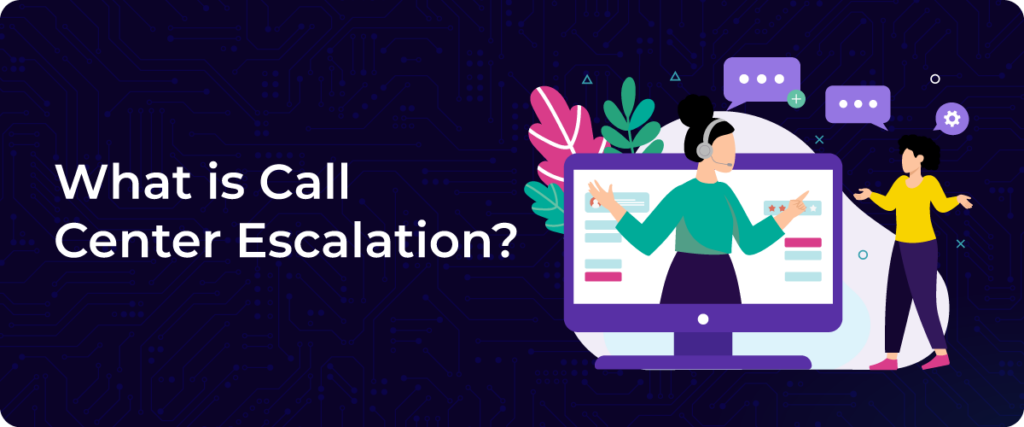In 2025, businesses can’t afford inefficiencies—yet 55% of managers spend eight hours per week on manual, repetitive tasks. Manual scheduling leads to missed appointments, employee conflicts, and wasted resources.
With workforce demands rising and customer expectations higher than ever, relying on outdated methods is no longer sustainable. Companies need a solution that ensures accuracy, flexibility, and real-time adaptability.
That’s where automation comes in. But is an automated scheduling system truly necessary, or just another tech trend? Let’s break it down through this blog. The agenda for the blog is:
Outline
1. The Pain Points of Manual Scheduling
2. The Promise of Scheduling Automation Software
3. The Benefits of Scheduling Automation Software
4. The Best Software to Implement Automation Scheduling
5. Use Cases for Your Business
6. Conclusion
7. Frequently Asked Questions (FAQs)
The Pain Points of Manual Scheduling
#1. Time-consuming scheduling processes
Manually assigning shifts, managing appointments, and adjusting schedules takes hours of administrative effort. Managers must juggle availability, employee requests, and last-minute changes—often leading to delays and frustration.
#2. Increased human error and scheduling conflicts
Mistakes like double-booking, overstaffing, or under-scheduling are inevitable with manual processes. These errors disrupt operations, affect customer service, and force businesses to spend additional time correcting schedules.
#3. Lack of real-time visibility and flexibility
Without real-time updates, businesses struggle to adapt to sudden changes such as employee absences or urgent client requests. A rigid system can lead to missed opportunities and dissatisfied customers.
#4. Financial and productivity losses due to inefficient scheduling
Scheduling inefficiencies result in lost revenue, reduced employee productivity, and increased overtime costs. Businesses also risk losing customers due to missed appointments or long wait times.
#5. Challenges across different industries
1. Insurance
Poor scheduling leads to delayed claims processing and frustrated policyholders.
2. Banking and finance
Manual scheduling causes inefficiencies in customer service and compliance-related tasks.
3. Real estate
Missed showings and disorganized scheduling negatively impact sales and client trust. Addressing these issues requires a smarter, automated approach.
Explore more on how to increase your ROI through automation here.
The Promise of Scheduling Automation Software
What Is Scheduling Automation Technology?
Scheduling automation software eliminates the need for manual scheduling by using AI, machine learning, and real-time data processing to optimize appointments, employee shifts, and job assignments.
It ensures efficiency by automatically handling conflicts, adjusting for availability, and sending reminders—all without human intervention.
Key Features of Automated Scheduling Software
1. AI-Powered Scheduling
Advanced algorithms analyze availability, workload, and priorities to create optimized schedules with minimal human input.
2. Real-Time Updates & Adjustments
Employees, managers, and customers get instant updates on schedule changes, reducing delays and confusion.
3. Automated Conflict Resolution
The software prevents double-booking, overstaffing, and last-minute scheduling conflicts by offering the best alternatives.
4. Multi-Industry Customization
Whether it’s automated employee scheduling software for HR teams, automated appointment scheduling software for service providers, or automated job scheduling software for logistics, the technology adapts to different industries.
5. Seamless Integration with Existing Tools
The system integrates with CRM, payroll, and communication platforms, ensuring a smooth workflow without disrupting existing operations.
6. Enhanced Compliance & Reporting
Industries like insurance and finance benefit from built-in compliance checks and automated reporting, reducing regulatory risks.
By addressing inefficiencies, auto scheduling software not only saves time but also enhances customer satisfaction, boosts productivity, and reduces operational costs. It’s pivotal for businesses in 2025.
The Benefits of Scheduling Automation Software
1. Improved Operational Efficiency
With scheduling automation software, businesses eliminate the manual effort involved in assigning shifts, booking appointments, and managing last-minute changes. The system automatically allocates resources, reducing administrative workload and ensuring seamless operations.
2. Cost Reduction and Resource Optimization
Manual scheduling often leads to overstaffing, overtime costs, and inefficient use of resources. An automated scheduling system optimizes workforce allocation, minimizing unnecessary labor expenses while ensuring every task is covered effectively.
3. Enhanced Employee Satisfaction and Work-Life Balance
Automated employee scheduling software allows for fair shift distribution and employee preference consideration, reducing burnout and improving morale. Employees can easily swap shifts, request changes, and receive real-time schedule updates, fostering a more balanced work environment.
4. Real-Time Scheduling and Instant Updates
Last-minute changes, cancellations, or urgent requests can be instantly managed with real-time updates.
Whether in automated appointment scheduling software for healthcare or automated job scheduling software for logistics, automation ensures that all stakeholders stay informed with accurate, up-to-date schedules.
5. Data-Driven Scheduling Insights and Predictive Capabilities
Businesses gain access to advanced analytics that track scheduling trends, employee performance, and peak demand periods.
Automated scheduling software insurance companies use predictive analytics to forecast staffing needs, ensuring optimal coverage during high-demand periods.
The Best Software to Implement Automation Scheduling
The right scheduling automation software simplifies appointments, shift management, and resource allocation, reducing errors and boosting efficiency.
While ConvoZen.AI does not offer scheduling automation software as a standalone product, our platform enables businesses to trigger automated scheduling actions through sentimental understanding.
This means that when ConvoZen.AI detects scheduling intent within a conversation, it can automatically book meetings, send reminders, and confirm appointments—enhancing efficiency without manual intervention.
Use Cases of ConvoZen.AI in Scheduling
1. Real Estate Meeting Scheduling
For real estate businesses, ConvoZen.AI can automate property visit scheduling by analyzing conversations between agents and potential buyers. When a buyer expresses interest in a property, the AI can suggest available time slots, confirm bookings, and send reminders—eliminating back-and-forth communication.
2. Appointment Scheduling via AI Agents
With automated appointment scheduling software capabilities, ConvoZen.AI can help businesses streamline customer consultations, service bookings, and support requests. AI-powered virtual agents handle appointment confirmations, rescheduling, and follow-ups, reducing administrative workload.
3. Travel & Hospitality Ticket/Room Confirmation
In the hospitality and travel industry, ConvoZen.AI can facilitate automated ticket and room booking confirmations. By detecting reservation requests in conversations, it triggers instant confirmations, modifications, and reminders, ensuring a seamless booking experience.
Conclusion
Manual scheduling is frustrating—it wastes time, leads to mistakes, and causes unnecessary stress. That’s why scheduling automation software is a game changer in 2025. It helps businesses stay organized, work more efficiently, and improve customer experience.
Use ConvoZen AI Agents to automate meeting bookings, reminders, and confirmations, making the process smoother. In a fast-moving world, automating scheduling isn’t just helpful—it’s essential for staying ahead.
Frequently Asked Questions
1. How does scheduling automation software improve efficiency?
Scheduling automation software eliminates manual work by automatically assigning shifts, booking appointments, and adjusting schedules in real time. This reduces errors, saves time, and ensures optimal resource allocation.
2. Can automated scheduling software work for small businesses?
Yes! Small businesses benefit from automation by reducing administrative workload, minimizing scheduling conflicts, and improving customer service with faster appointment bookings and confirmations.
3. Is scheduling automation software customizable for different industries?
Absolutely. Whether it’s automated employee scheduling software for retail, automated job scheduling software for logistics, or automated appointment scheduling software for healthcare, most solutions offer industry-specific customization.
Unleash Your Contact Center’s Potential Today! 👉 Get Started with ConvoZen.AI and Elevate Customer Experience.


